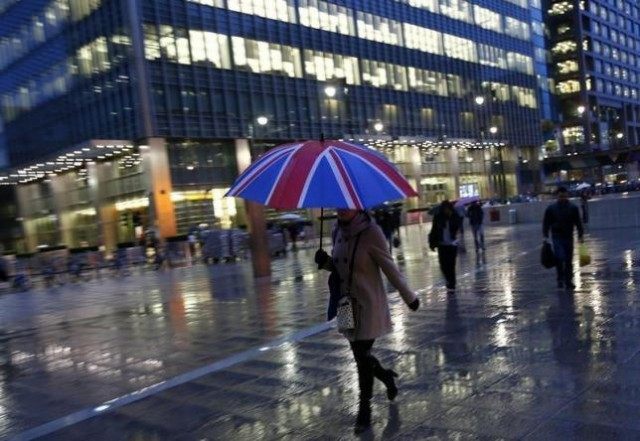In mid-April the Met Office, the UK’s national weather service, briefed the government, councils and emergency services to plan for hotter than average temperatures. Optimistic predictions of “gloriously warm weather” based on the Met Office’s models failed to materialise, however, as reality stubbornly refused to behave as forecast.
The Met Office Climate Services section states a key area of development is “the delivery of a seamless operational forecasting service from weeks to decades ahead. This is already providing unprecedented detail at regional and local scales, and is made possible through advances in our science as well as progress in technology and computing power.” What is not clear is how these scientific advances can produce reliable models for climate change “decades ahead” when they fail to accurately predict what will happen only weeks ahead.
Since mid-April’s assessment the Met Office has had to report “a wet start to May with the UK already having seen more than its normal full-month rainfall after just 17 days.” Of course we can still see warmer than average temperatures when it’s cloudy and wet, but the temperature refused to act as predicted. Halfway through May it was “colder than average…with a UK mean temperature of 9.2C, which is 1.2C below the full-month average.” The Met Office did explain May is a “transition month to warmer weather” where one expects the first half of the month to be slightly below the full-month average, but even so it was “cooler than normal.”
When the full month could be assessed the results were no better for the Met Office models. Once more looking back and reporting on what had happened was rather more accurate than looking forward and modeling what should happen. May was “a wet month over all, typified by cool, showery conditions” where maximum temperatures were “around 2°C below average for many western counties.”
As May passed and June then heralded the start of the meteorological summer, the Met Office reported “an unseasonably cold, wet and windy start” to the month. The report did say temperatures were, at last, going to rise but continued “any very warm weather will be fairly short-lived.”
For those whose livelihood depends on the weather predicting abilities of the Met Office, the effects of getting the advice wrong and being unable to prepare properly can be devastating in the short term. Around the UK gamekeepers are reporting the disastrous effects of the unseasonably cold weather on livestock. Liam Bell, head gamekeeper at Millichope Park in Shropshire, told Shooting UK: “The low temperatures and continued cold winds have affected egg numbers, with our pheasant hens laying fewer eggs per hen than they have for the past 10-15 years. Fertility has been good, as has hatchability, we’ve just had too few eggs.”
For everyone else questions are increasingly asked as to ask why computer models proven so unreliable in predicting the weather only weeks in advance are any more reliable when predicting the climate years and even decades into the future. When government environmental policy has the ability to hamper economic growth, the questions become even more urgent.

COMMENTS
Please let us know if you're having issues with commenting.